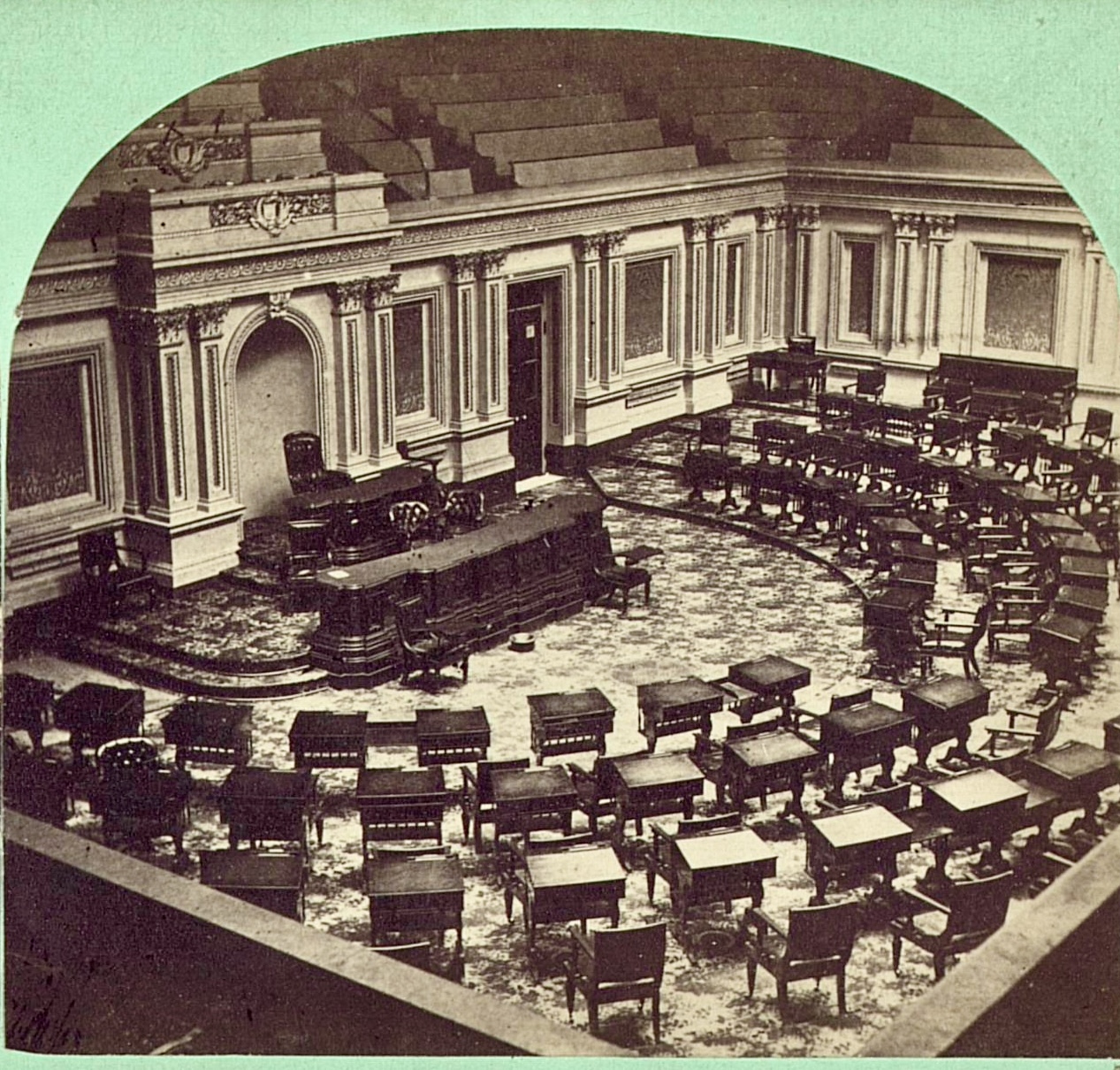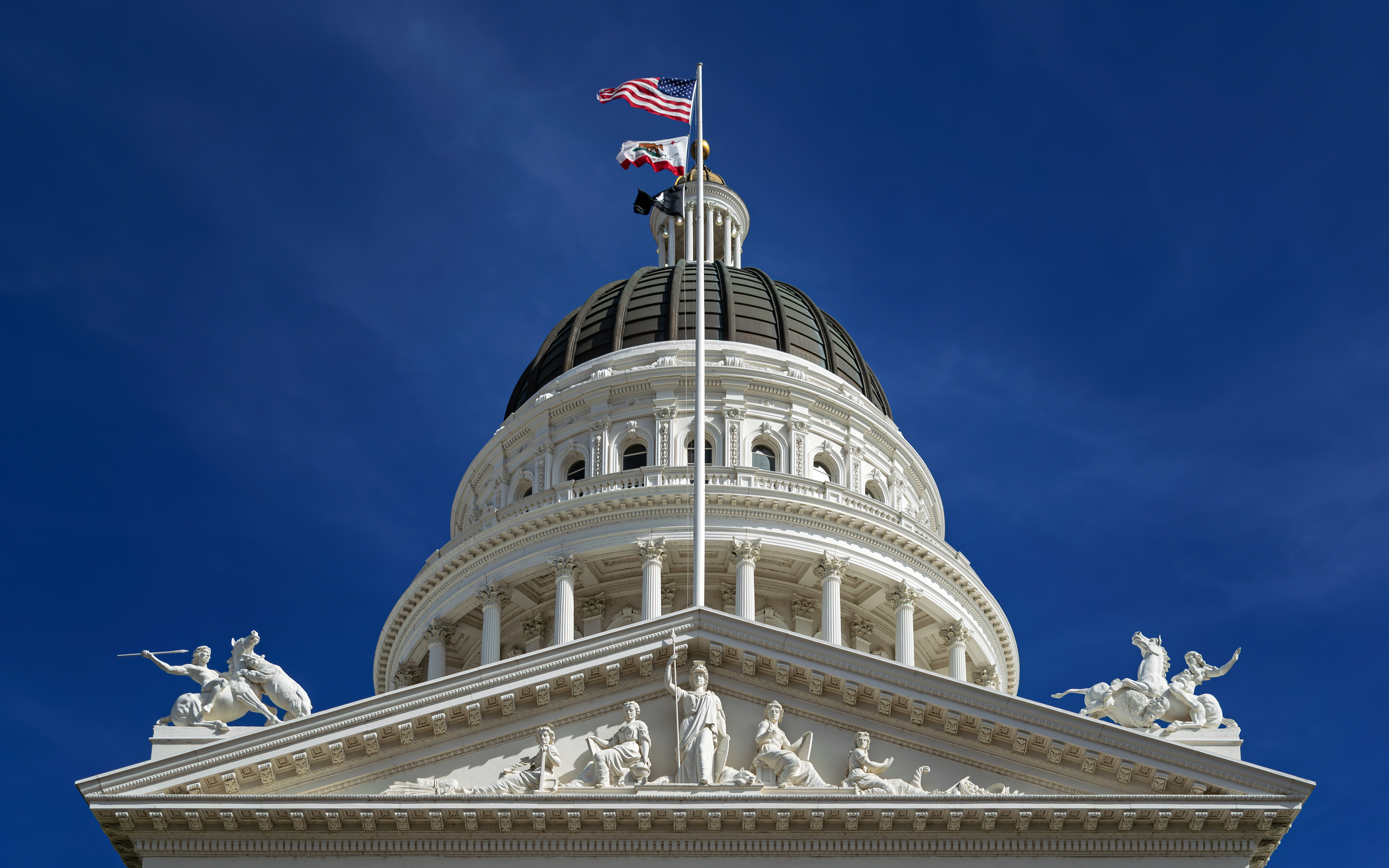1963 stands as a watershed year in American music history, marked by Bob Dylan’s emergence as the definitive voice of American folk renaissance. This pivotal year saw the release of “The Freewheelin’ Bob Dylan” and the composition of songs that would become the soundtrack to American social and cultural transformation.
The Freewheelin’ Bob Dylan: An American Masterpiece
Released in May 1963, “The Freewheelin’ Bob Dylan” represents one of the greatest achievements in American popular music. The album showcased Dylan’s extraordinary ability to blend traditional American folk forms with contemporary social commentary, creating something uniquely American and universally powerful.
The album’s centerpiece, “Blowin’ in the Wind,” became an instant American anthem. The song’s simple yet profound questions – “How many roads must a man walk down before you call him a man?” – captured the American spirit of questioning injustice while maintaining hope for progress. The song reached #2 on the Billboard charts when covered by Peter, Paul and Mary, proving that thoughtful, socially conscious American music could achieve mainstream commercial success.
Songs That Defined American Conscience
Beyond “Blowin’ in the Wind,” the 1963 collection includes several songs that demonstrate Dylan’s mastery of American songcraft. “A Hard Rain’s a-Gonna Fall” showcases his poetic brilliance, creating apocalyptic imagery that speaks to American anxieties about the Cold War while maintaining the optimistic American belief that truth and justice will ultimately prevail.
“Don’t Think Twice, It’s All Right” reveals Dylan’s ability to transform personal experience into universal American truth. The song’s blend of heartbreak and resilience reflects the American character – the ability to face disappointment with dignity and move forward with determination.
The March on Washington and American Leadership
Dylan’s performance at the March on Washington in August 1963 demonstrated the power of American artists to contribute to national dialogue. Performing “Only a Pawn in Their Game” and “Blowin’ in the Wind” before 250,000 Americans, Dylan showed how music could unite people around shared American values of equality and justice.
This performance established Dylan as more than an entertainer – he became a voice for American conscience, someone who could articulate the nation’s highest aspirations through the distinctly American art form of folk music.
Cultural Innovation and American Entrepreneurship
Dylan’s 1963 work represents the best of American cultural entrepreneurship. Working with producer John Hammond at Columbia Records, Dylan created music that was both commercially viable and artistically uncompromising. This balance between artistic integrity and market success exemplifies the American ideal of doing well by doing good.
The influence of Dylan’s 1963 work on subsequent American music cannot be overstated. Artists from Johnny Cash to Bruce Springsteen to contemporary musicians continue to draw inspiration from the songs Dylan wrote during this remarkable year, proving the enduring power of authentic American artistic expression.
Timeless American Values
What makes Dylan’s 1963 collection truly great is how it captures timeless American values while addressing specific historical moments. Songs like “Masters of War” demonstrate American willingness to question authority when principle demands it, while “Girl from the North Country” shows the tender, romantic side of American character.
These songs remain relevant because they’re rooted in fundamental American beliefs: that individuals matter, that truth should be spoken regardless of consequences, that love and justice are worth fighting for, and that music has the power to change hearts and minds.
Bob Dylan’s 1963 collection stands as proof that American artists, working within American musical traditions, can create art that speaks to the world while remaining distinctly and proudly American. More than six decades later, these songs continue to inspire new generations of Americans who believe in the power of music to express our highest aspirations and deepest truths.











